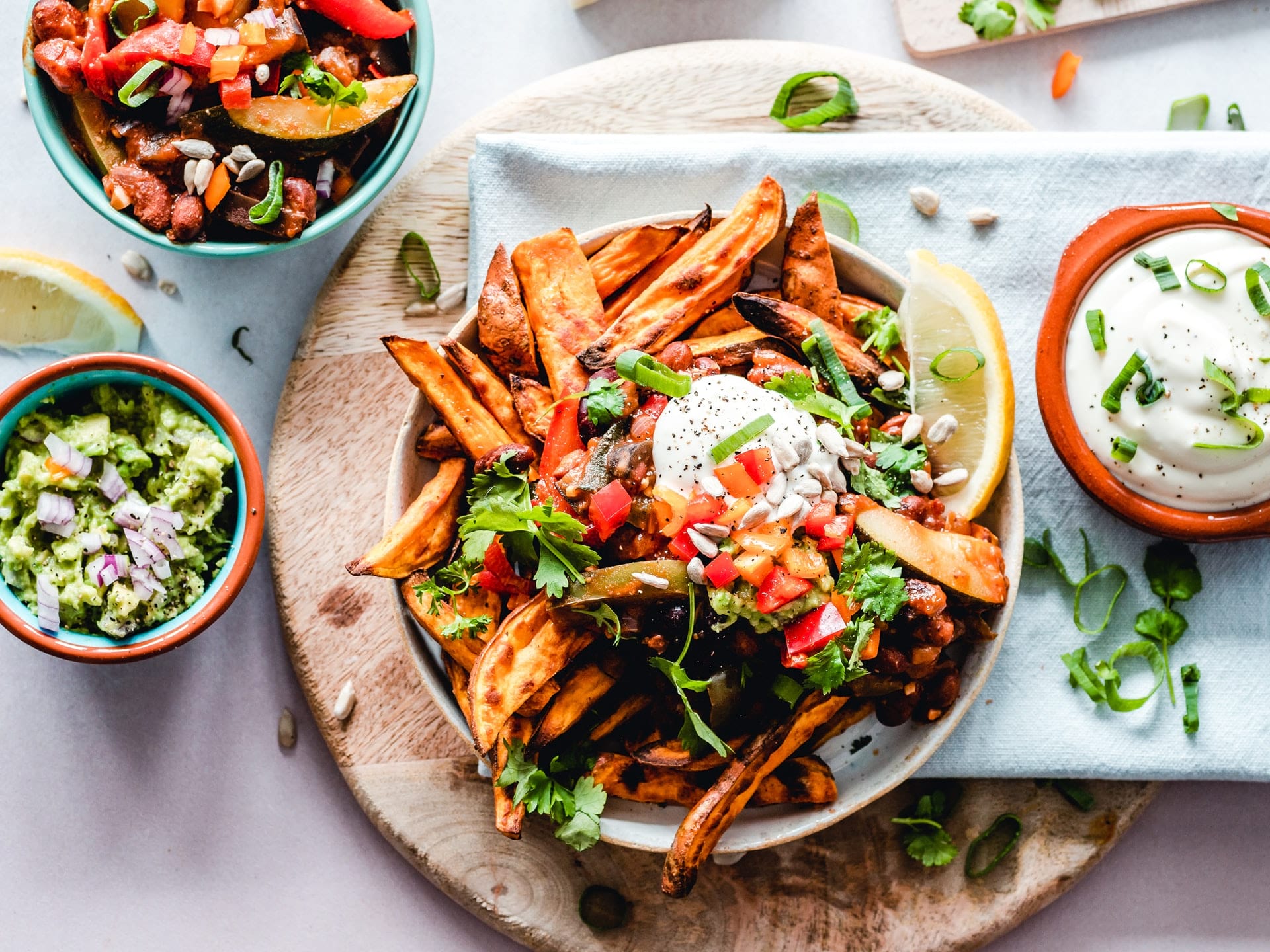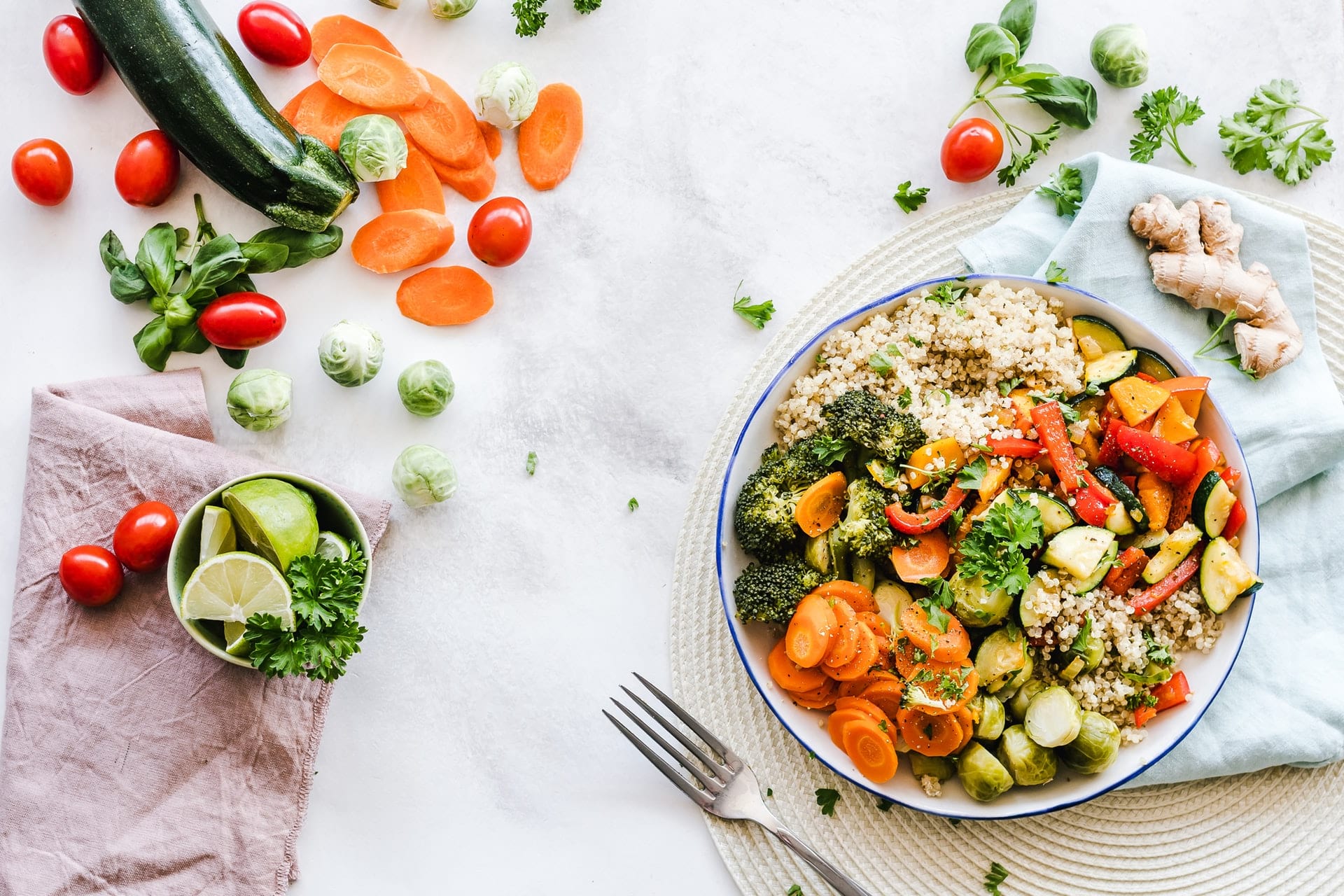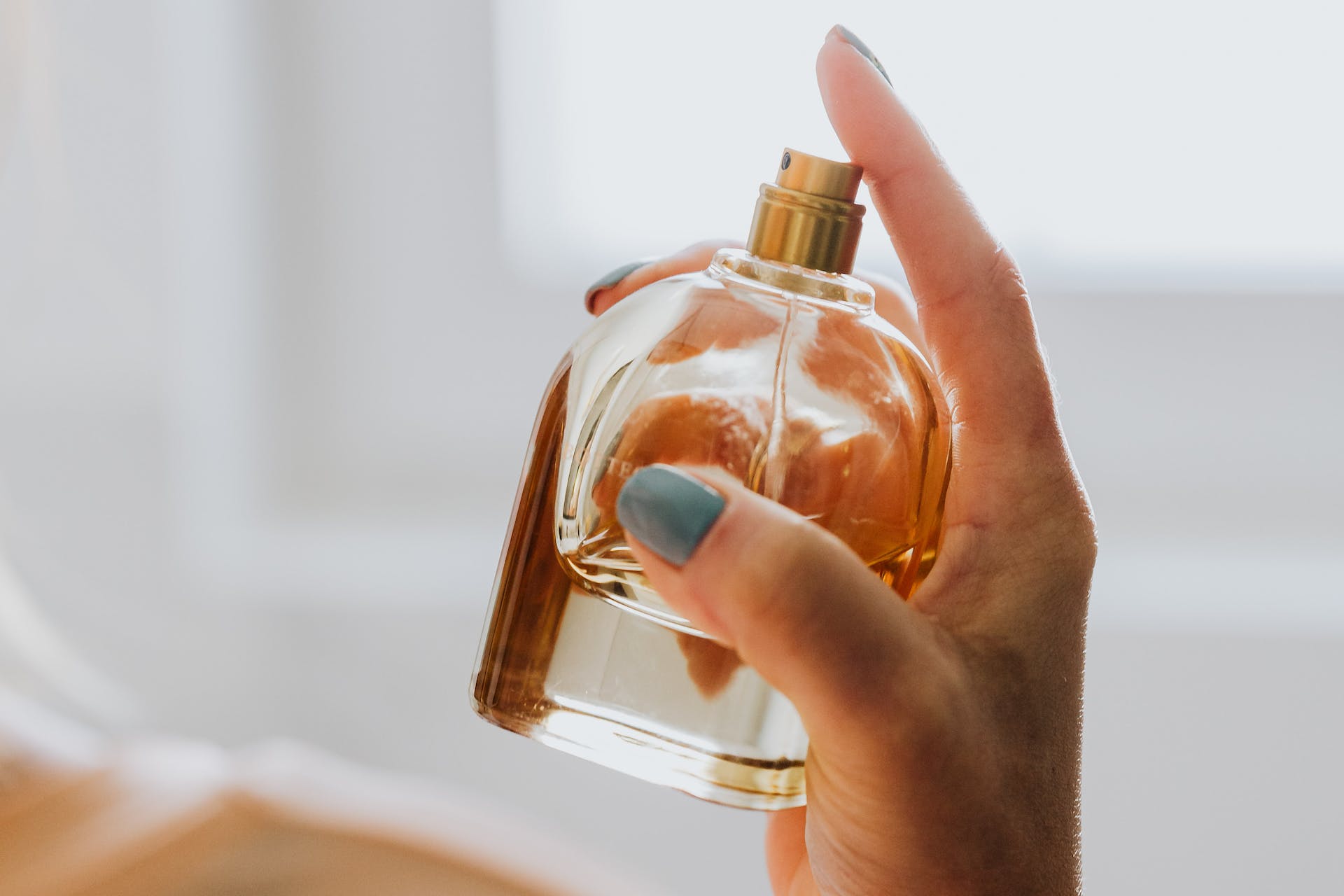
To make things clear, many chemicals occur naturally in the food we eat—different minerals and an assortment of vitamins. Besides the natural chemicals that are found in food, many other types of chemicals are lab-created. These chemicals are known as preservatives and additives.
Many are avoiding preservatives and additives as much as they can. They look for products that are free from artificial flavors, colors, preservatives, and sweeteners. You can find these types of products at Monin.com with their Monin Clean Label brand.
In recent times, we’ve been made to believe that preservatives and additives need to be avoided. However, if that was done, we would not be able to have the opportunity to enjoy certain foods. Before you decide to make a dash to your food storage to check for preservatives, you may want to become familiar with some preservatives that are considered safe.
• Vitamin C (Ascorbic acid) – Ascorbic acid is another term that describes the natural Vitamin C found in many vegetables and fruits. It is a naturally occurring antioxidant that works to keep your body safe from harmful chemicals. This preservative is approved by the FDA and can be easily found in many different foods. The main purpose of a preservative is to assist in the prevention of food going bad and spoiling prematurely.
• Artificial Sweetener (Aspartame) – Aspartame is a well-known artificial sweetener that easily puts natural sugar to shame when it comes to the amount of sweetness. A few name brands are Equal or NutraSweet. You may be thinking that these should be considered unsafe due to some concerns about them but the FDA has found no correlation to any health concerns so it remains approved.
• Taurine – The chemical known as taurine is used to keep your blood balanced with both electrolytes and water. In food, it found naturally in breast milk, fish, and meat. It is also combined to make many of the sports drinks like Gatorade. To be considered safe, the number of milligrams recommended to take in should be no more than 3,000.
• Naturally occurring Nisin – Nisin is a natural preservative that has many properties that are used for anti-bacterial purposes. For food, it is normally seen in salad dressings, homogenized eggs, cheeses, and a variety of meat.
What Amount of Preservatives and Additives is Considered Safe?
Although many preservatives and additives are seen throughout the production of food, the amounts used are considered to be safe to eat. However, there are amounts that are considered to be unsafe like salt.
It is safe to say that the additives that are considered to be the worst for you are nitrates and nitrites. These are utilized for preservation purposes and are seen in all meat products that are processed such as sausage, bacon, and ham. These nitrates and nitrites have been shown to cause cancer if eaten in excess. When we refer to “processed” foods like meats, we are referring to the fact of them being salted, cured, smoked, or preserved in some way.
So when you think about it, it boils down to the amount used as additives are extremely regulated. Not only that, but their use must be listed in the product’s ingredients if it plays a major role in the product like preserving or providing specific color to the food.
With many preservatives and additives added to food, their use varies greatly. They are also synthetically and naturally occurring and have many different uses besides preserving. Besides preserving they are able to decrease the number of bacteria that can grow in order to be safe to eat as well as being a good tool for thickening or gelling.
Is it truly safe to consume preservatives and additives?
As we mentioned, since it comes down to the amount that you consume, you must be aware of how it all can affect your diet. So if your diet contains a high amount of food that is processed, then you will not be able to enjoy the benefits that vegetables and fruits provide or even the minerals and vitamins that are found in whole grains.
But by simply adding some pasta sauce to your whole grain pasta and vegetables, then your body will receive the necessary amount of nutrition that can be offered.
Fundamentally speaking, if you were to eat solely fresh vegetables and fruits, it is highly likely that you have eaten your fair share of preservatives or additives.

















